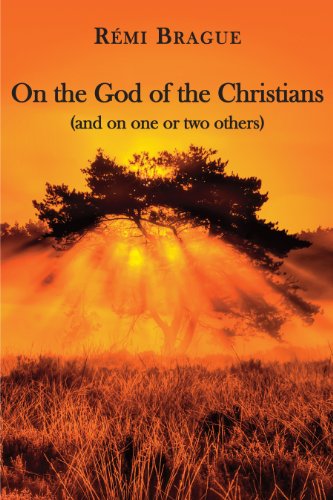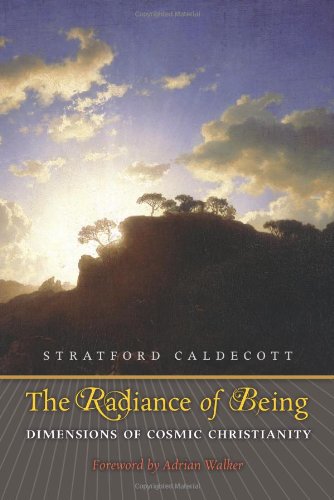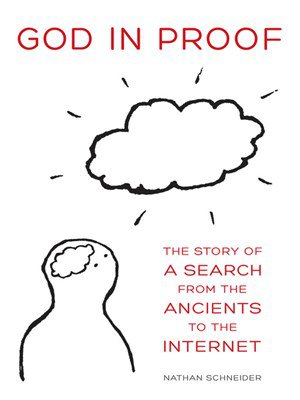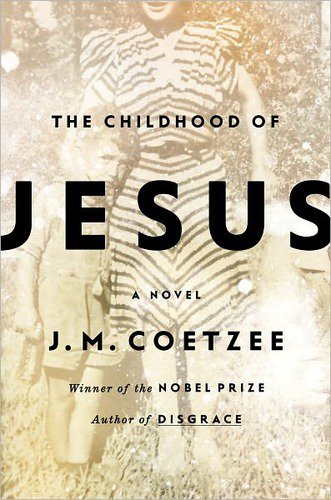Today’s post features a rundown of the new and noteworthy books that will be reviewed on these pages in the upcoming weeks. During my time off from blogging I’ve been stocking up on le knowledge and review copies of forthcoming books. These are some of the books you will encounter in the upcoming weeks.

Brague is an expert on the interplay of Christian, Jewish, Islamic, and pagan sources. He is always the person to go to if you want to find out the full story, as in his much-lauded history of Europe, Eccentric Culture: A Theory of Western Civilization.
“On the God of the Christians tries to explain how Christians conceive of the God whom they worship. No proof for His existence is offered, but simply a description of the Christian image of God. The first step consists in doing away with some commonly held opinions that put them together with the other ‘monotheists,’ ‘religions of the book,’ and ‘religions of Abraham’ [This part of the book was especially fascinating]. Christians do believe in one God, but they do not conceive of its being one in the same way as other ‘monotheists,’ like the first of them, the pharaoh Akhenaton (18th century before Christ), like some philosophers, e.g., Aristotle, or like Islam.”

You can probably sense an obsessional topic pattern developing here with the choice of the following volume from David Bentley Hart, author of the much lauded and thesaurus-pillaging Beauty of the Infinite.
“Despite the recent ferocious public debate about belief, the concept most central to the discussion—God—frequently remains vaguely and obscurely described. Are those engaged in these arguments even talking about the same thing? In a wide-ranging response to this confusion, esteemed scholar David Bentley Hart pursues a clarification of how the word ‘God’ functions in the world’s great theistic faiths.”

Stratford Caldecott is one of the thinkers who’s done most to recover a Christianity that is in dialogue with all of reality. He doesn’t hold back in this volume:
“The Radiance of Being offers nothing less than a portrayal of the full glory of Catholic tradition. From an initial engagement with the insights of the natural sciences emerges a spiritual vision of the metaphysical depth and dimension of mystery to the cosmos, allowing the reader’s mind to awaken to the coherence, beauty, intensity of life, and depth of structure of the natural world–the holiness of creation and all contained therein.”

Just in case you weren’t convinced the topics covered by the previous books weren’t interesting enough, here’s a book that will prove to you the worth of the search, even if what you get at the end is unexpected:
“In this tour of the history of arguments for and against the existence of God, Nathan Schneider embarks on a remarkable intellectual, historical, and theological journey through the centuries of believers and unbelievers—from ancient Greeks, to medieval Arabs, to today’s most eminent philosophers and the New Atheists. God in Proof illuminates the great minds who wrestled with one of history’s biggest questions together with their arguments, bringing them to life in their time, and our own. Schneider’s sure-handed portrayal of the characters and ideas involved in the search for proof challenges how we normally think about doubt and faith while showing that, in their quest for certainty and the proofs to declare it, thinkers on either side of the God divide are often closer to one another than they would like to think.”

I’m about a third of the way through this new novel and I’m having trouble putting it down. Can you guess why?
“In this captivating and provocative new novel, The Childhood of Jesus, a small boy who has been renamed David, and Simón, the man who has become David’s caretaker since David was separated from his mother, have immigrated to a nameless country. Simón soon finds work on the docks, is given an apartment for new arrivals, and sets about the impossible task of finding David’s mother, whose name they do not know and whose face the boy does not remember. One day, Simón glimpses a woman inside a wealthy household—a woman who very likely isn’t David’s mother—and becomes instantly, illogically convinced that she should raise the child. He approaches her intent on convincing her to be a mother to David; what unfolds is their story: mistakes made in the name of love and choices no one would wish to encounter. ”
Coetzee has made several appearances here on this blog.











